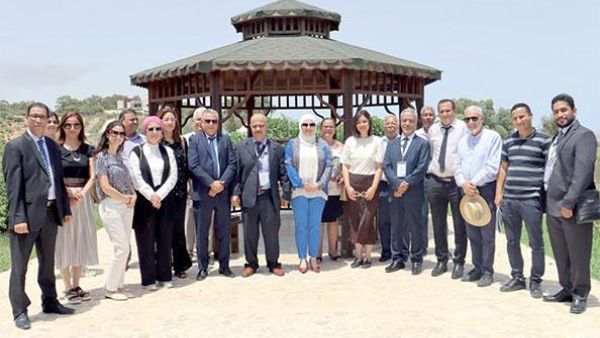The Royal Scientific Society (RSS) has organised a conference titled “Policy Dialogue for Climate” in Tunisia, as part of the second phase of the MENA Region Initiative as a Model of NEXUS Approach and Renewable Energy Technologies (MINARET).
The project aims to help municipalities achieve climate resilience through the Nexus approach, as well as develop sustainable energy and climate action plans. The project also offers targeted technical support to preparing proposals for economically viable integrated projects, the Jordan News Agency, Petra, reported.
The conference witnessed the participation of representatives from the Tunisian ministries of Interior, Energy, Water and Environment, the targeted municipalities, of international organisations, climate experts and experts from the Royal Scientific Society/National Centre for Energy Research.
The event drew attention to the important role of the local governance structures in preparing their communities to meet climate change-related challenges by adopting integrated and innovative solutions.
MINARET aims to address “the unique sustainability challenges and opportunities of the MENA region” by increasing local and regional sustainability capacities using the synergies between renewable energy technology and efficiency, water management and food security, according to their website.
The four-year of the project began in the first quarter of 2017 to be implemented in Jordan, Tunisia and Lebanon.
The MINARET project intends to build local governments’ resilience to climate change through adopting renewable energy resources and energy efficiency, water management techniques and food security.








